The gentle clucking of a feathered friend outside your window, the sun casting a warm glow over your backyard coop. Chickens are no longer just farmyard companions they have sashayed into suburban gardens and urban rooftops, capturing hearts with their quirky personalities and charming antics.
Care for a Pet Chicken goes beyond simply tossing some feed in their pen; it’s about nurturing a relationship that can be both rewarding and fulfilling.
Chicken Behavior and Temperament
Care for a Pet Chicken possesses an intricate social structure that mirrors that of other flock animals, emphasizing the importance of companionship in their lives. Their capacity for forming relationships extends beyond their feathered friends; with gentle handling from a young age, they often grow to embrace human interaction.
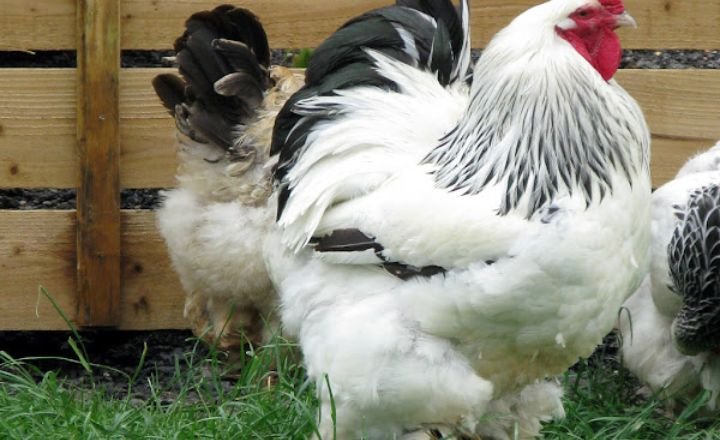
A nuzzle against their hands or cuddle in laps. Their instincts tell them to avoid confrontation. Chicken owners need to recognize individual personalities. This nuance fosters a healthier environment where each chicken feels safe and valued.
Quiet pets with gentle vocalizations require attentive care. Dedicating at least a couple of hours daily not only covers feeding and cleaning but also establishes trust and connection that can lead to delightful moments of affection.
Vigilance around potential threats from household pets remains crucial; safeguarding these charming birds from stressors ensures the peaceful existence they deserve.
Size Information
The diversity of chicken breeds is truly astounding. They showcase a remarkable range of sizes and appearances that can astonish even seasoned poultry enthusiasts. The average chicken reaches just under 2 feet in length and typically weighs around 5 pounds. This yardstick barely scratches the surface of avian variability.
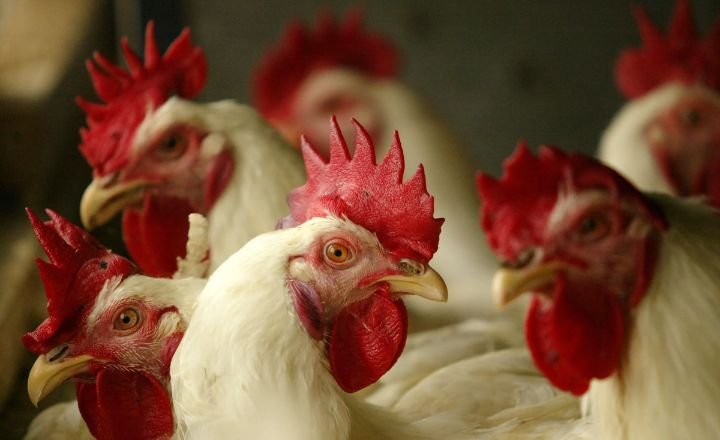
The breeds like the Jersey Giant can tower at an impressive height, often weighing up to 15 pounds, while the diminutive Serama stands proud as one of the smallest chickens, sometimes weighing less than a pound.
Housing
Creating a welcoming environment for chickens goes beyond providing basic shelter; it’s about creating a natural habitat where chickens can thrive and engage in their instinctual behaviours.
Chickens are inherently social creatures, and when allocated the recommended 3 to 5 square feet of space each, they can engage in pecking, scratching, and exploring activities that keep them happy and healthy.
Outdoor coops equipped with secure runs not only protect them from predators but also allow them to connect with the earth through grass and dirt foraging. Strong defences against predators are crucial. Predators are clever, so ensure that fencing is not just sturdy but also buried deep into the ground to thwart digging attempts.
Wire or netting roofs serve as an essential layer of security against aerial threats like hawks while offering chickens protection from rain or harsh sunlight. Inside the coop, consider installing multiple roosting spots because chickens prefer perching above ground during sleep, and this behaviour mimics their instincts in the wild.
Nest boxes should reflect their communal living tendencies, with one box per four hens to encourage nesting without overcrowding.
Specific Substrate Needs
Stepping into your chicken coop and feeling the warmth radiating from the cosy straw bedding beneath your feet. A couple of inches of straw not only cushions the surface but also serves as a natural insulator, creating a snug environment that chickens appreciate during those chilly winter months.
This simple addition transforms their living space into a refuge, reducing stress levels and fostering happier, healthier birds.
Daily spot-checks become an opportunity to connect with your flock. Observing their behaviour amid fresh bedding can provide insights into their health and happiness. Watch for playful scratching or the joyful dust baths they take in the soft straw.
Refreshing this bedding on a monthly basis isn’t just about cleanliness; it’s an essential ritual that helps break down waste and odours while minimizing disease risks. Every corner ensures you maintain an immaculate home for your feathered friends, giving them a clean slate to start again with freshly laid straw, a small act that speaks volumes about care in poultry farming.
What Do Chickens Eat & Drink?
Chickens are curious foragers, naturally inclined to scratch and peck their way through a diverse buffet of their surroundings. Their omnivorous diet not only enriches their nutritional intake but also stimulates natural behaviours that can enhance their overall well-being.
Incorporating a balanced commercial feed is crucial, as it ensures they receive essential nutrients tailored to their life stage they’re chicks or laying hens. A grains and pellets, consider offering them seasonal fruits like berries or veggies such as leafy greens, which serve both as treats and important vitamins.
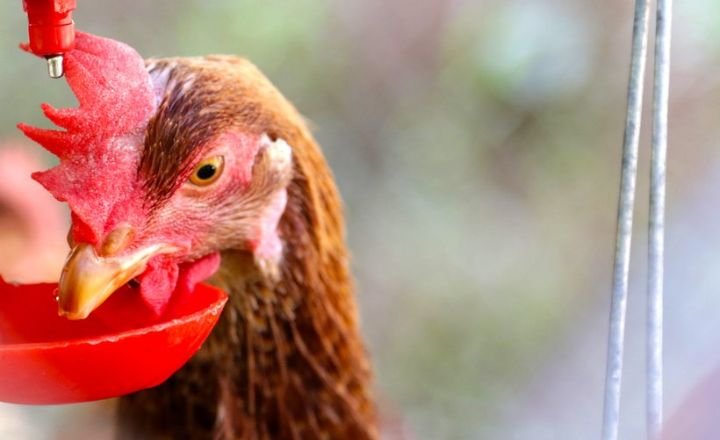
Specialized feeders can facilitate an ideal feeding routine by allowing Care for a Pet Chicken to graze at their leisure while ensuring a steady supply of food. Pairing this with fresh produce presented in separate dishes encourages exploration and may even prevent boredom in the flock. It’s essential to monitor intake; having open communication with your vet about portion sizes helps maintain optimal health across different breeds and ages.
Common Health Problems
Bacterial and Viral Infections
Despite their resilient nature, backyard chickens can be susceptible to a variety of bacterial and viral infections that may compromise their health. Common culprits include Salmonella and avian influenza.
Maintaining cleanliness in the coop plays a crucial role; a clean environment not only prevents the spread of pathogens but also promotes overall well-being among your flock.
Parasites
Parasites like mites, lice, and worms are often overlooked but can lead to significant discomfort for your chickens. These tiny invaders thrive in untreated coops or congested living conditions, making routine checks essential for maintaining your flock’s vitality.
Implementing natural treatments or seeking veterinary advice on preventive measures can keep these pests at bay.
Fungal Infections
Chickens are not immune to fungal infections such as aspergillosis, which thrives in damp environments. Proper ventilation within the chicken coop is vital to prevent moisture buildup that encourages fungal growth.
Injury from Predators
A hardy by nature, backyard chickens face constant threats from predators like raccoons and hawks. Securing enclosures with robust fencing and utilizing netting overhead can significantly decrease risks associated with predators lurking nearby.
Exercise
Maintaining a healthy body condition in chickens is crucial not only for optimal egg production but also for their overall well-being. Chickens are naturally active creatures, and allowing them sufficient space to roam encourages natural behaviours like pecking, scratching, and foraging.
A kept in spacious environments, hens can engage in physical activities that strengthen their muscles and help regulate their weight, reducing the risk of obesity-related health issues.
A providing ample space, chicken owners can enhance their feathered friends’ exercise routines with innovative toys designed specifically for poultry. Treat dispensers filled with nutritious snacks can stimulate a sense of play while promoting movement as chickens chase after rolling or wobbling treats.
Incorporating elements like perches and tunnels into your coop setup creates interactive challenges that spark curiosity and encourage exploration.
Grooming
Chickens are fascinating creatures with their unique grooming habits, primarily revolving around preening and indulging in dust baths. They engage in these activities. They not only maintain the pristine condition of their plumage but also promote healthier skin.
The dust bath serves a dual purpose: it absorbs excess oils that can weigh down feathers and creates a natural barrier against external parasites like mites and lice. A chicken rolls happily in the dirt while simultaneously conducting an intricate ritual rooted deeply in instinctual behaviour.
Chickens manage to keep their feathers and skin in check through these methods. Nail maintenance may sometimes slip through the cracks. In other grooming practices, nail wear can be sporadic, depending on the surfaces chickens roam on. Hard ground may do the trick, while softer bedding won’t trim nails as effectively.
Upkeep Costs
A venturing into chicken keeping, it’s crucial to recognize that the ongoing costs can accumulate faster than you might expect. Food and bedding make up the bulk of monthly expenses, typically ranging from $15 to $30 per chicken.
This may sound manageable, but the quality of feed directly impacts your flock’s health and egg production. Investing in premium organic feeds can enhance both vitality and flavour, providing a worthwhile return on investment.
Regular maintenance of your coop will require occasional spending; plan for around $10 to $30 to replace worn-out items like nesting boxes or feeders. These small investments ensure a safe and comfortable environment, minimizing stress for your chickens and maximizing their productivity.
Don’t forget about veterinary care budgeting for routine check-ups as well as potential emergencies is essential for long-term success in poultry farming.
Pros & Cons of Keeping a Chicken as a Pet
Chickens are not just a source of fresh eggs; they are also delightful companions that can enrich your life with their quirky personalities and social dynamics. Imagine starting your day greeted by gentle clucks and soft coos a serene reminder that you have chosen low-maintenance pets who bring both sustenance and joy into your home.
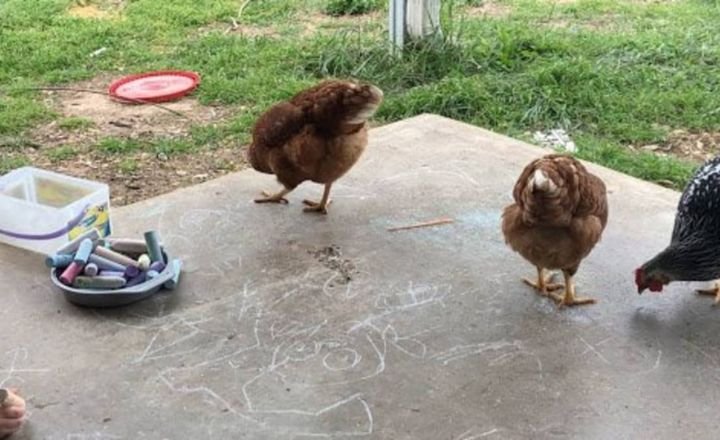
A proper care, these feathered friends require minimal attention compared to more traditional pets, allowing you to enjoy the farm-to-table experience right in your backyard without overwhelming time commitments.
Chickens thrive on independence, and ensuring their well-being involves creating a suitable environment for them to flourish. A secure coop is essential, providing shelter from harsh weather and protection against predators like raccoons or hawks eager for an easy meal.
Similar Exotic Pets to the Chicken
A chickens pique your interest, consider the enchanting world of pet poultry that goes beyond traditional options. The playful Duck is not just a charming companion but also an eco-friendly gardener, naturally foraging pests in your yard while providing delightful quacks.
Pair that with the tranquillity of a Ring-necked dove. These gentle birds emit soothing coos and make exceptional indoor pets. Their affectionate nature can turn an ordinary day into a serene experience, enriching your home with calm energy.
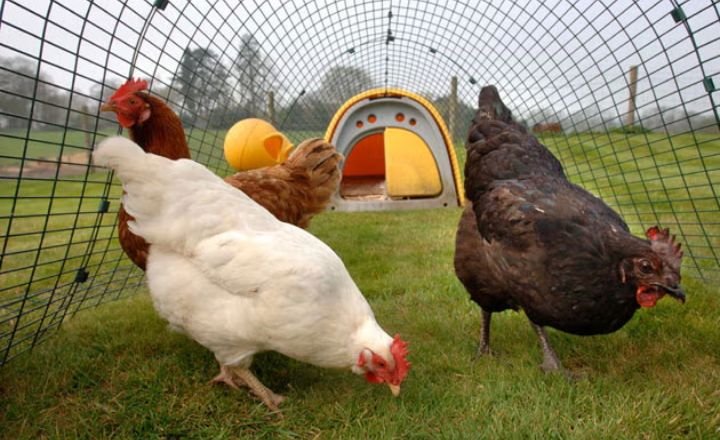
Venturing further into the exotic territory, don’t overlook the captivating Victoria-crowned pigeon. With its elegant plume-like crest and iridescent blue-grey feathers, this majestic bird can be both a statement piece and a conversation starter.
It thrives on social interaction and can form deep bonds with its caretakers the perfect mix of beauty and companionship.
Purchasing or Adopting Your Chicken
Considering adding chickens to your backyard flock, exploring reputable breeders and rescue groups is a great start. These sources often prioritize the health and well-being of their birds, providing valuable insights into care requirements and behavioural traits.
Some choose to adopt for the pure love of a feathered companion, while others might be drawn to specific breeds that offer unique egg colours or hardiness for local climates. Breed diversity can not only make your coop visually appealing but also enhance the overall dynamics of your flock.
It is worth noting that traditional animal shelters occasionally have chickens available for adoption. This avenue not only provides these wonderful birds a second chance at life but also allows you to contribute positively to your community by giving them a loving home.
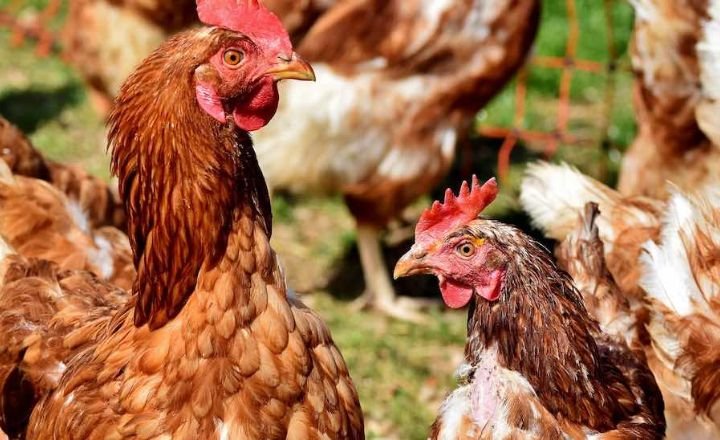
Adopting from shelters or rescues, be prepared for various costs, typically ranging from $10 to $30 depending on factors like age and breed. Chickens, through such avenues, foster a deeper connection with these animals while supporting ethical practices in animal husbandry too.
Reproduction/Breeding
Discovering a local exotic animal veterinarian can be a game-changer in your quest for the perfect chicken companion. These professionals not only provide expert care but often have invaluable connections to breeders and rescue groups dedicated to poultry.
A tapping into this network, can find reputable sources that prioritize the welfare of their birds, ensuring you’re making an ethical choice while also gaining access to diverse breeds that might otherwise be overlooked.
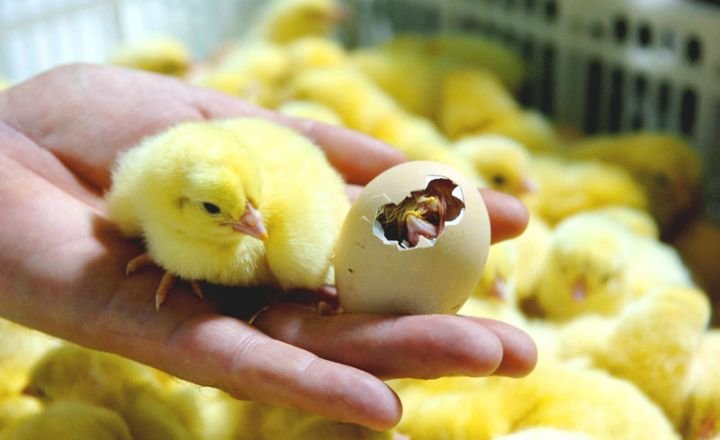
Breeders offer the advantage of choosing from younger chickens and a variety of breeds, don’t underestimate the rewards of adopting from rescues. Many of these organizations save chickens destined for unfortunate fates in factory farms, presenting you with an opportunity to give a deserving bird a loving home.
Selecting aging hens eliminates the uncertainty surrounding sexing young chicks preventing surprise roosters that could disrupt your peaceful flock dynamics.
Embrace both options and take pride in supporting both vibrant breed diversity and compassionate rescue efforts as you embark on your journey into backyard chicken-keeping!
Understanding How to Care for a Pet Chicken the Right Way
If you’re curious about how to take care of a pet chicken, the first thing to do is get to know their behavior. Chickens are social and smart animals. They thrive on routine, need attention, and require a sense of safety to feel at home.

Caring for Your Pet Chicken’s Diet: What They Can (and Can’t) Eat
A fundamental aspect of caring for a pet chicken is their diet. Make sure to provide layer feed, grains, fresh water, and occasional treats like fruits or greens. Avoid giving them chocolate, salty snacks, and raw beans, as these can be harmful.
Creating the Perfect Coop: How to Care for Your Pet Chicken’s Home
Understanding how to care for a pet chicken also means building a cozy, clean coop. It should be safe from predators, dry, and have nesting spots. Regular cleaning and fresh bedding are essential to keep diseases at bay.
Keeping Your Chickens Healthy: How to Care for Your Pet Chicken’s Well-Being
Part of caring for a pet chicken involves keeping an eye out for signs of illness—like changes in appetite, droopy wings, or unusual droppings. Make sure they have a dust bath area and conduct regular health checks.
Social Needs: How to Care for a Pet Chicken That Might Feel Lonely
Chickens are flock animals. If you want to know how to care for a pet chicken the right way, never keep just one. Always have at least one companion to help prevent stress or depression.
Building a Bond with Your Bird: How to Care for a Pet Chicken Emotionally
Take some time each day to hang out with your chicken sit close by, chat softly, and share some treats. This is an essential part of caring for your pet chicken, as it helps them feel safe and fosters a connection between you two.
Seasonal Care Tips: How to Care for a Pet Chicken Throughout the Year
Hot summers and chilly winters require a bit of extra care. Knowing how to look after your pet chicken through the changing seasons is vital for keeping them healthy and content.
SUMMARY
Care for a Pet Chicken can be a rewarding experience that enriches both your life and the life of your feathered friend. A proper nutrition, a safe living environment, and regular health check-ups, you can ensure that your chicken remains healthy and happy.
Social interactions and mental stimulation are crucial for their well-being. Spending time with your chicken will strengthen your bond. Chickens have personalities and quirks, which can make your relationship even more enjoyable.
A safe and comfortable living environment, ensuring proper nutrition, and attending to their social and health needs, can foster a happy and healthy life for your chicken.
